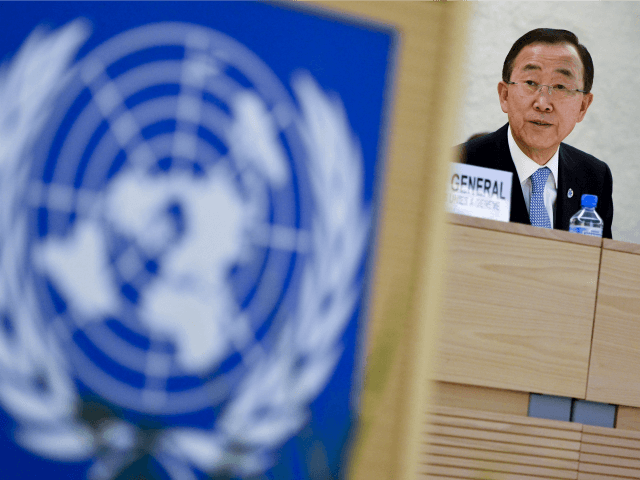The United Nations has passed a non-binding resolution which declares that individuals have the same rights online that they do offline.
The resolution states that these online rights, including freedom of expression, must be protected by the governments of the world in the same way that they would be in the offline world.
The resolution lists the key reasons for the protection of these rights, which include online privacy, the rapid increase in technology adoption around the world, and the importance of confidence in trust in the Internet itself for users. It also includes several points specific to gender.
Unlike U.N. Women’s widely-derided report on “cyberviolence against women and girls,” which called for censorship to protect feminists from mean comments on social media, the U.N’s recommendations with regards to gender seem to be somewhat milder this time.
Expressing concern that many forms of digital divides remain between and within countries and between men and women, boys and girls, and recognizing the need to close them,
Stressing the importance of empowering all women and girls by enhancing their access to information and communications technology, promoting digital literacy and the participation of women and girls in education and training on information and communications technology, and encouraging women and girls to embark on careers in the sciences and information and communications technology.
The United States is among the 53 co-sponsors of the resolution. Curiously, one of the co-sponsors is Turkey, which is well known for government censorship of the Internet. In March, Turkey banned Facebook and Twitter following a bombing, an act that would seemingly be at odds with the UN resolution.
17 countries objected to the resolution, primarily over the protection of freedom of expression. These countries include China, Cuba, India, Qatar, Russian Federation, Saudi Arabia, United Arab Emirates, and Venezuela.

COMMENTS
Please let us know if you're having issues with commenting.